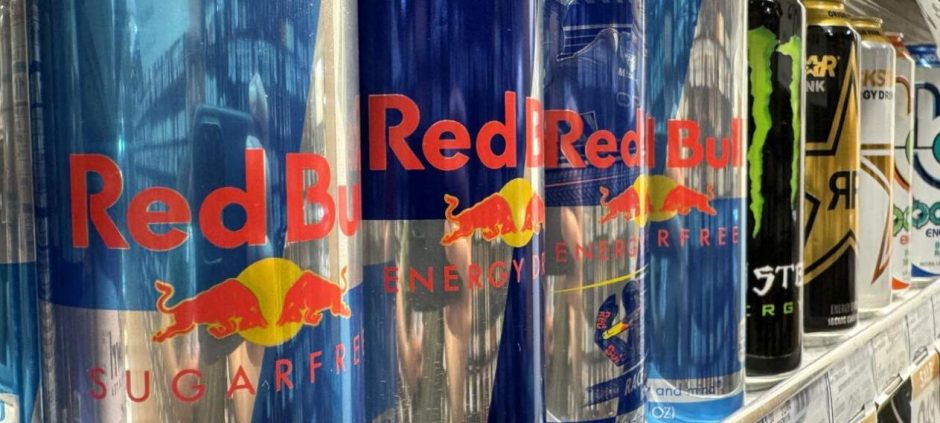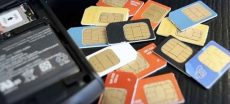The British government has confirmed a new ban on the sale of high-caffeine energy drinks to children under 16. Officials say the decision is designed to protect young people from the harmful effects of excessive caffeine and sugar.
Health Minister Wes Streeting explained that energy drinks may look harmless but often have serious consequences. He said they affect sleep, reduce focus, and harm mental health. Their high sugar content also increases the risk of obesity and tooth decay among children.
Under the new rule, supermarkets, cafes, restaurants, and online retailers will be prohibited from selling energy drinks containing more than 150 milligrams of caffeine per liter to minors. Popular brands are expected to be affected, with some possibly forced to adjust their formulas to comply.
For comparison, a 250ml can of a typical energy drink contains about 80mg of caffeine. That is equal to one espresso or two cans of soda. However, the restriction will not apply to tea, coffee, or other drinks with low caffeine levels.
The government has not yet announced when the ban will take effect. It confirmed the measure will be enforced through secondary legislation under the Food Safety Act of 1990.
Large supermarket chains had already introduced voluntary bans on under-16 sales in 2018, but smaller shops continued selling energy drinks. Campaigners welcomed the government’s move, calling it a major step forward for child health.
Katharine Jenner, director of the Obesity Health Alliance, said highly caffeinated drinks should never be sold to children. She praised the policy as “common sense” and compared it to bans on tobacco and alcohol sales. She also stressed that limiting access to energy drinks is important for protecting children’s physical, mental, and dental health.
This new measure makes the UK one of the few countries to take firm action on energy drinks and child safety.
In other related news also read UK Pledges £1M Aid To Support Afghanistan Earthquake Victims











